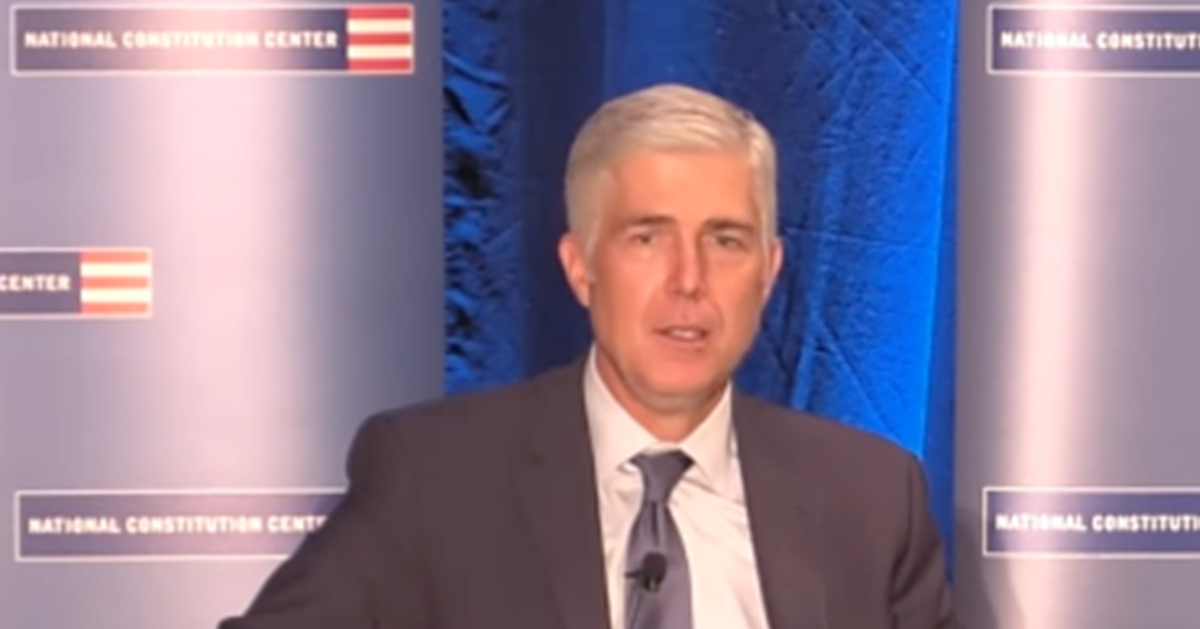Newsom Blocks Bill Allowing Noncitizen Students to Work at Public Universities
California Gov. Gavin Newsom has vetoed a bill that would have allowed undocumented students at public universities to work on campus, citing legal risks for state employees.
The bill, AB 2586, was designed to create more opportunities for illegal immigrant students but ultimately faced opposition due to concerns over compliance with federal law, and Newsom's veto marks the second time this month he has bucked his supporters on the left and rejected a proposal aimed at extending aid to illegal immigrants in the state, as Fox News reports.
This recent decision has sparked debate among advocates of immigrant rights, higher education leaders, and political observers ahead of the 2024 presidential election.
Concerns Over Legal Liabilities for State
The primary reason for Newsom’s rejection of the bill was the potential for legal liabilities for California’s public universities and their employees. Newsom emphasized that the proposed legislation could expose state employees to criminal and civil liabilities under federal law, which prohibits employing certain categories of noncitizens. The bill could also jeopardize federal funding for California universities, a concern raised by university leadership.
In his veto message, Newsom acknowledged California’s history of supporting undocumented students but made clear that the legal complexities of this bill needed to be addressed before it could move forward. “California has a proud history of being at the forefront of expanding opportunities for undocumented students who seek to realize their higher education dreams,” he wrote. However, he added, “Given the gravity of the potential consequences of this bill, which include potential criminal and civil liability for state employees, it is critical that the courts address the legality of such a policy.”
Previous Vetoes and Broader Political Context
This is not the first time Newsom has vetoed legislation aimed at helping noncitizens this month. Earlier, he rejected a proposal that would have provided noncitizen first-time homebuyers with access to housing loans. While Newsom has historically supported other forms of aid to illegal immigrants, including health care access, these recent vetoes signal a more cautious approach in certain areas of policymaking.
The legal backdrop to this decision involves the federal Deferred Action for Childhood Arrivals (DACA) program, which had previously allowed certain noncitizens work authorization. However, DACA has faced restrictions since a federal judge curtailed the program in 2021, leaving many undocumented students without the ability to legally work on campuses.
University Leadership’s Warnings
University of California leaders had warned of the risks associated with AB 2586 prior to the veto. In a letter to the state Senate appropriations committee, UC Legislative Director Mario Guerrero outlined concerns that the bill could open university employees and administrators to potential criminal prosecution. The letter also noted that passing the bill could place billions of dollars in federal funding at risk, an outcome that would have severe consequences for the state’s public higher education system.
Despite their concerns, university officials indicated a willingness to explore other legal avenues to help undocumented students. "We would welcome working with the author and Legislature on other legal options to support these students," UC leadership wrote in a July letter, suggesting that legal clarity through the courts could be sought before implementing such a policy.
Newsom Suggests Legal Path Forward
In his veto message, Newsom suggested that the University of California could still seek a legal resolution on this issue. He referenced the option of seeking declaratory relief in court, which would allow the UC system to clarify the legality of such a policy without immediately risking prosecution or the loss of federal funding. “Seeking declaratory relief in court -- an option available to the University of California -- would provide such clarity,” Newsom wrote.
This potential legal path could offer a way forward for advocates of undocumented students, though it remains uncertain whether the university or other stakeholders will pursue this option.
Immigration and 2024 Presidential Election
Newsom’s decision comes at a time when immigration remains a highly contentious issue in national politics. Illegal immigration is one of the central topics in the 2024 presidential race between Vice President Kamala Harris and former President Donald Trump. The Biden-Harris administration has faced significant criticism for its handling of immigration policies, with Trump making border security and immigration enforcement key components of his campaign.
As the political climate surrounding immigration intensifies, Newsom’s veto of AB 2586 could have broader implications, not just for undocumented students, but for the political landscape in California and nationwide.
Future of Aid to Noncitizens in California
While Newsom’s veto of AB 2586 represents a setback for advocates of undocumented students, it does not signal an end to the state’s support for noncitizens. California has long been a leader in providing aid and opportunities to undocumented residents, including expanding health care coverage to all Californians, regardless of citizenship status. Newsom has consistently positioned himself as a champion of expansive immigrant rights, even as he navigates the legal and political challenges posed by federal restrictions.
With immigration likely to remain a hot-button issue in both state and national politics, the future of legislation like AB 2586 is far from settled. Whether through legal action or new legislative efforts, the debate over how best to support undocumented students in higher education will likely continue.
Ongoing Debate and Legal Challenges
The veto of AB 2586 adds to the broader debate about the legal and ethical responsibilities of state governments in efforts to aid undocumented residents. As university leaders, students, and lawmakers weigh the potential consequences of pursuing such policies, the legal challenges posed by federal law remain a significant hurdle.
Newsom’s veto highlights the complexity of crafting state-level solutions that align with federal regulations, and it underscores the importance of seeking legal clarity before implementing policies that could have far-reaching implications for state employees and institutions.
For now, undocumented students in California's public universities remain unable to work on campus, though the conversation around this issue is far from over.



